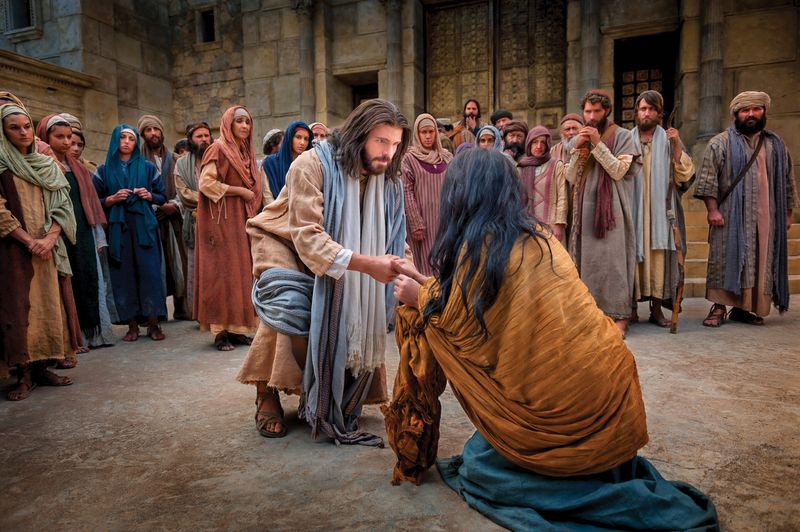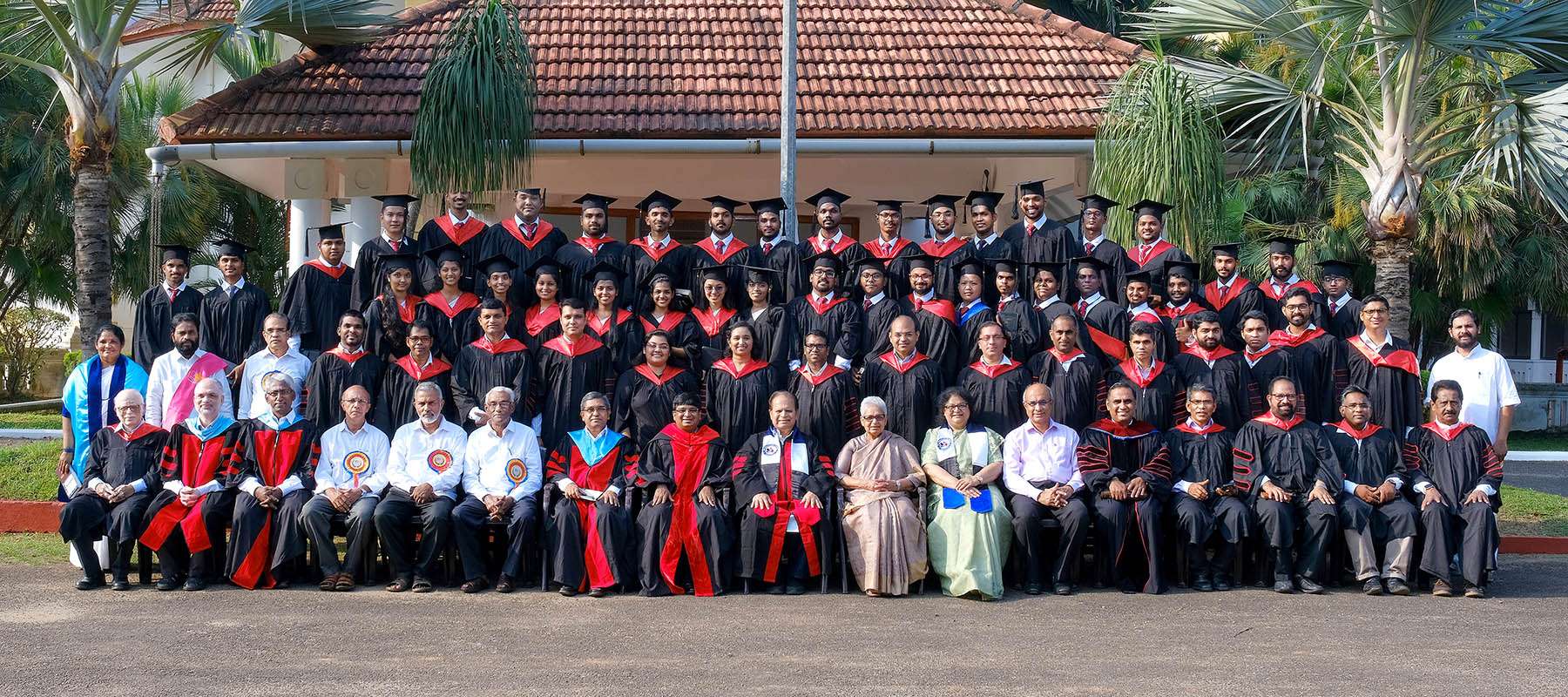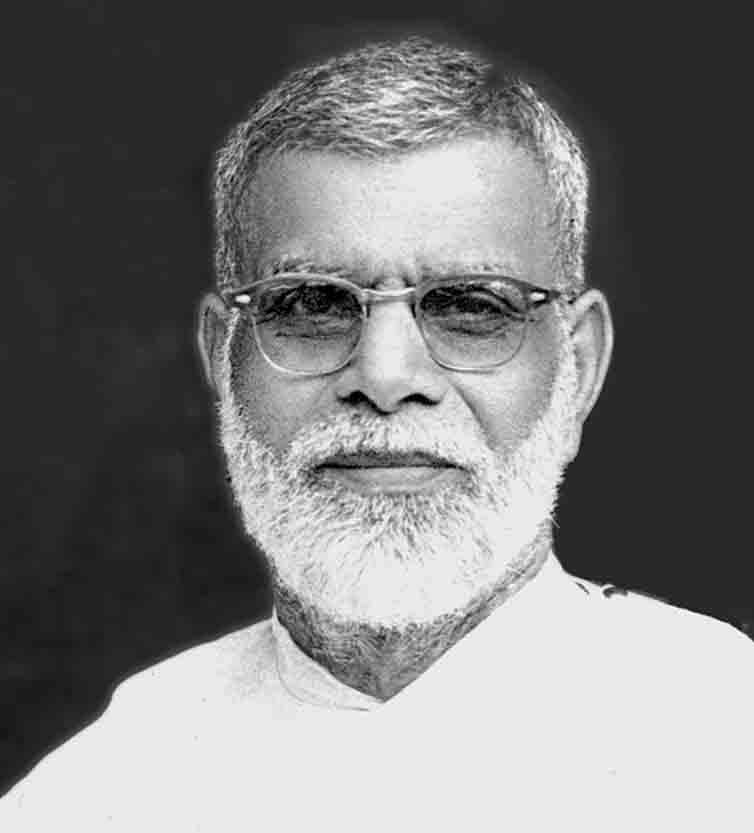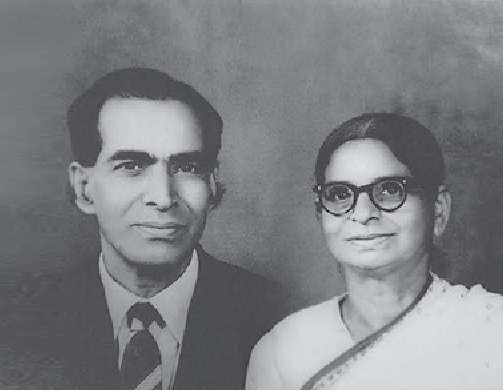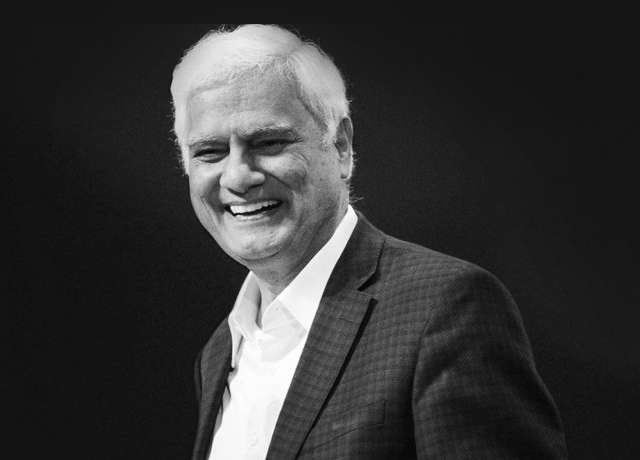

Contentment: The Road to Thanksgiving
Dr. Valson Abraham
In America, November is marked by a holiday known as Thanksgiving Day. The original purpose of the day was to set aside a time of thanksgiving to God for His many blessings. It originated with America’s Christian forefathers, the Pilgrims, who settled in North America “for the glory of God and the advancement of the Christian faith.”
The first Thanksgiving holiday celebrated by the Pilgrims took place among people who sacrificed and suffered beyond words to leave behind their homeland where they were not permitted to worship God in spirit and in truth. During their first harsh winter in America, they lost almost half their number. Yet those who lived thanked God for His provision in the midst of widespread peril and grief.
Sixteen hundred years earlier, the apostle Paul suffered trials and persecutions almost without number. Yet he says he has learned to be content under all conditions, whether good or bad. “I can do all things,” he writes, “through Christ who strengthens me.”
Paul’s experience and that of the Pilgrims indicates that contentment and thanksgiving are not natural human traits. They are learned experiences that come over time through daily, personal relationship with Jesus Christ. They are the product of seeking the kingdom of God and His righteousness. When we do this, Jesus says, “all these things [including contentment and thanksgiving] will be added unto you.”
How is Christ able to strengthen us in the face of trial and persecution so we experience the contentment of which Paul writes?
Each child of God, committed to Jesus Christ, has the Holy Spirit. When we make a practice of learning to hear the voice of the Holy Spirit, we receive His strength in the hour we need it. We receive faith equal to the emergency at hand. We receive the ability to endure the trial. We see not just the trial of the hour but anticipate the joys of heaven. We receive a new perspective on suffering. We receive words to leave our opponents with nothing to say. We learn to overcome our own weaknesses. The Holy Spirit takes away our fears and worries.
But all of this depends upon our learning how to listen to the Holy Spirit and our desire to hear His voice. Without that deep desire, Paul’s words become just that-nothing but words, even to Christians.
This is a good thing for us to know because we live in a general culture that actually encourages discontent. We see signs of this all around us in high consumer debt and a high rate of mobility. Increasing numbers of people identify as victims. We become anxious over what we do not have. We exhibit jealousy and envy of those who we perceive have more than we do. We engage in self-criticism and self-hatred.
Discontented people are complaining people. They are restless wanderers, unable to find something that satisfies them. They constantly change something different in their lives, are never satisfied with what they have. They become bored easily, and nothing seems to interest them. They demand that everything go their way. They become known for their frequent anger or crying.
Discontent is our natural tendency as fallen human beings. Discontented people are miserable people because they tend to look to everything else but God who is the only One who can satisfy their deepest need. Such miserable people can never be thankful people. Unfortunately, many such people fill our churches. Are we among them?
Contentment and thankful spirits are traits we must acquire because our fallen human natures are naturally ungrateful and discontent. How do we acquire thankful spirits?
By learning to submit to a God who is not only sovereign but has sacrificed everything He can through Jesus Christ to make each of us members of His family. Of HIS family! Let that sink deep into your spirit. Can you honestly say, “God is not just God, He is MY God”?
When we come to know this profound truth in our hearts as well as our heads, we also come to know that He puts us where we are and can give us all we need for our situation. That’s
what our Father does for His children.
We learn to serve the Savior who has served us to the fullest degree. We learn to trust the One who is all-sufficient in all circumstances. Again, this is a process, and all processes take time and the will to get there.
Paul, who suffered many things, experienced the love of God poured out into his heart through the Holy Spirit (Romans 5:5). How does this work out in real life? Read the testimony of a young man, 19 years old, dying of a fever, lying on a straw bed in a hovel with broken windows:
“I would not change my state with the richest person on earth…Blessed be God! I have a good hope through Christ, of being admitted to those blessed regions where Lazarus now dwells, having long forgotten his sorrows and miseries. Sir, this is nothing to bear, while the presence of God cheers my soul and where I have access to Him, by constant prayer through faith in Jesus Christ.”
“Only the love of God is constant,” said Henry Venn, who experienced many shifting circumstances in his life. During trying times, he learned to practice constant prayer, meditate on scripture, engage in fasting and keep a spiritual diary. To him, these were not mere religious exercises, but vital means to develop intimacy with the living God who alone could save him.
Henry Venn had lost two wives and a 16-year-old daughter through death. Through his trials, he recognized his sin and his need for humility before God. He experienced the love of God poured out in his heart. It was more than enough, and he thanked God even in his grief.
Do we have that kind of contentment that leads to thanksgiving?
When we learn contentment, we will have a testimony the world cannot ignore.
* * *
Father God, teach me to know deep within that you are MY God through Jesus Christ. Teach me to hear your voice and experience your love poured out in my heart through your Holy Spirit. Teach me contentment in all things that I may thank you in all things that I may bless many others to the glory of your good Name. In Jesus’ Name.

